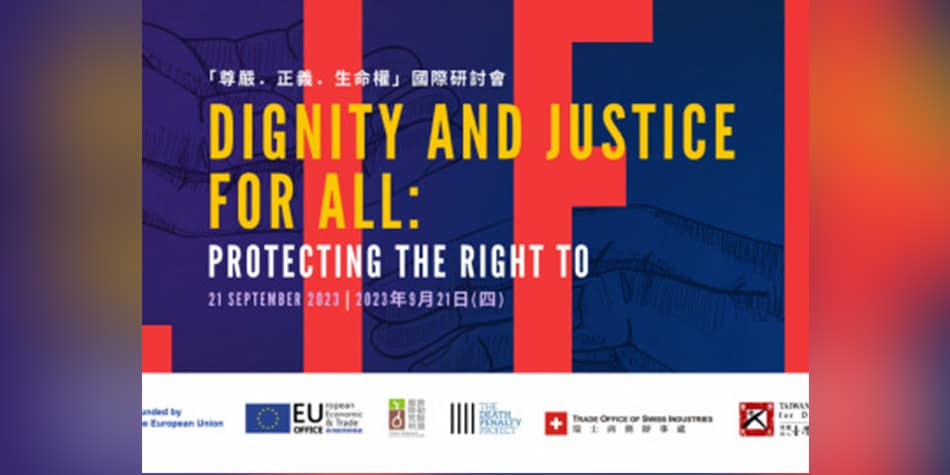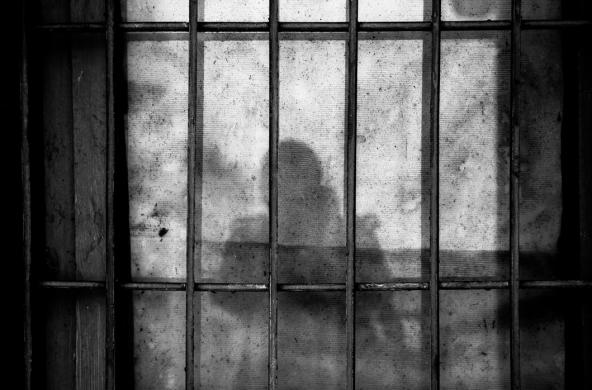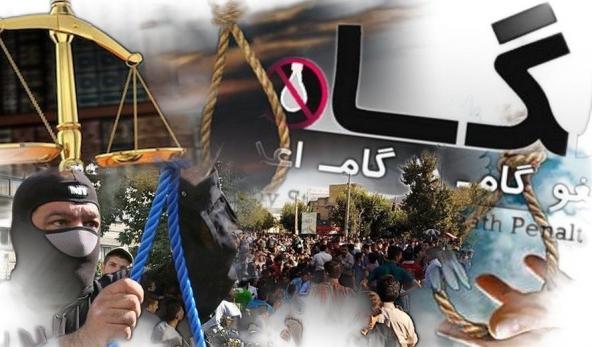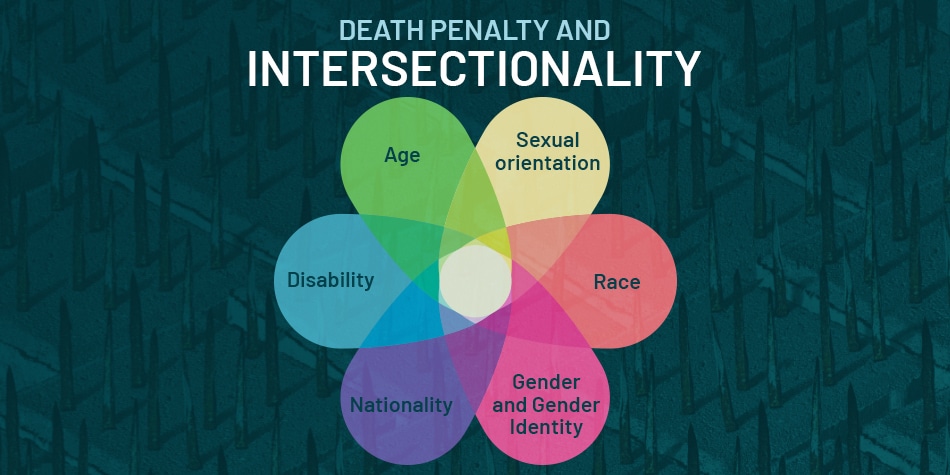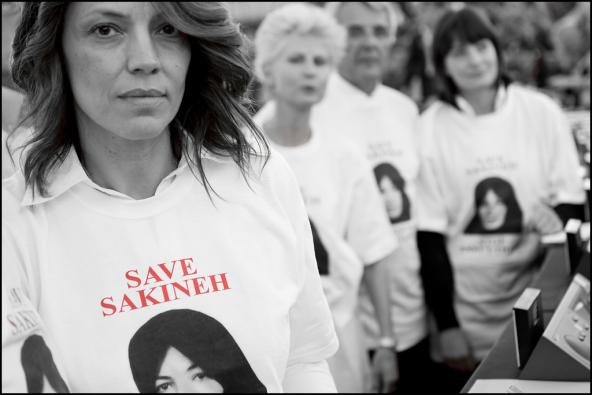
‘Sakineh’ campaign to culminate in worldwide protests
On Saturday, August 28, thousands of protesters will march in dozens of cities around the world to oppose the planned execution of Sakineh Mohamadi Ashtiani. The Iranian widow’s photo has become a symbol of the cruel and inhuman nature of the death penalty as activists prepare for events from Bagdad, Iraq to Brisbane, Australia, according to the International Committee Against Stoning’s website.
The day of international protest will mark the culmination of a growing wave of outrage since Sakineh was sentenced to death by stoning after having been convicted for having affairs with two other men than her dead husband.
500,000 signatures
Petitions and appeals have multiplied through the summer and it is now hard to find a political leader or an artist who has not publicly stated their opposition to the stoning. Among the most successful initiatives, the activist website Avaaz.org has gathered more than 500,000 signatures on a petition asking Ayatollah Ali Khamenei and the leaders of Iran “to finally put an end to capital punishment by stoning and to reverse the unjust judgment in the case of Sakineh Mohammadi Ashtiani”.
Avaaz has also been raising money from the public to pay for ads in the Brazilian and Turkish media calling on Brasilia and Ankara to weigh on their Iranian allies in support for Sakineh.
French writer Bernard-Henri Lévy has enlisted celebrities including actresses Mia Farrow and Juliette Binoche, novelists Milan Kundera and Jorge Semprun and the Iranian-born, Oscar-winning author of Persepolis Marjane Satrapi. Together, they wrote a column published on the front page of the newspaper Libération on August 16 and in media outlets worldwide. Many other artists and politicians have since then signed their appeal to “stop the stoning of Sakineh”.
Another petition published on the website Freesakineh.org features the signatures of artists such as Gwyneth Paltrow and Peter Gabriel, Nobel Prize winner Shirin Ebadi and New York Mayor Michael Bloomberg. More than 200,000 visitors have now signed it.
“A distortion of religion”
In Iran, too, web activists are making their voice heard. The Farsi language blog Salam Sabz, close to the Green Movement that opposed President Mahmoud Ahmadinejad’s contentious re-election last year, describes the stoning sentence as a “distortion of religion that leaves it with nothing but its name”. “The forgiveness and kindness of God are being ignored and anger and madness are being presented as God’s words,” adds the author, Sabz-e Hossein.
As Sakineh’s children take part in the campaign to save their mother, online activists call up the memory of another woman executed in Iran, Fatimeh Haqhiqhat. In a recorded message posted on YouTube, her daughter Zahra says: “I’ve been suffering this for 10 years. I’ve cried with every person executed by the regime and I will continue to cry until the last person has gone through capital punishment in Iran.”
But the government news website Jahan News regards the effort in support for Sakineh and issues surrounding nuclear weapons as two sides of a vast campaign by the West against Iran. “Do the US, the UK and Mrs Clinton really care about that woman who has killed her husband?” Jahan News asks.
Authorities broadcast video “confession”
The murder accusation was one of the knee-jerk reactions from the Iranian authorities in the wake of the mobilization in favour of Sakineh. After receiving papers from her lawyer requesting a review of her sentence, Iranian state television showed an alleged confession on August 11, in which Sakineh admitted to helping in the murder of her husband. The next day, it was reported that she remained sentenced to death, but not by stoning.
“It appears that Iran’s authorities have orchestrated this ‘confession’, following the call for a judicial review and now appear to be inventing new charges of murdering her husband,” said Hassiba Hadj Sahraoui, deputy director of Amnesty International’s Middle East and North Africa programme.
Many observers believe the confession was obtained under torture.
In an interview with an intermediary for the Guardian newspaper, Sakineh said she now feared to be executed in secret. “They are embarrassed by the international attention on my case and they are desperately trying to distract attention and confuse the media so that they can kill me in secret,” she was quoted as saying.




